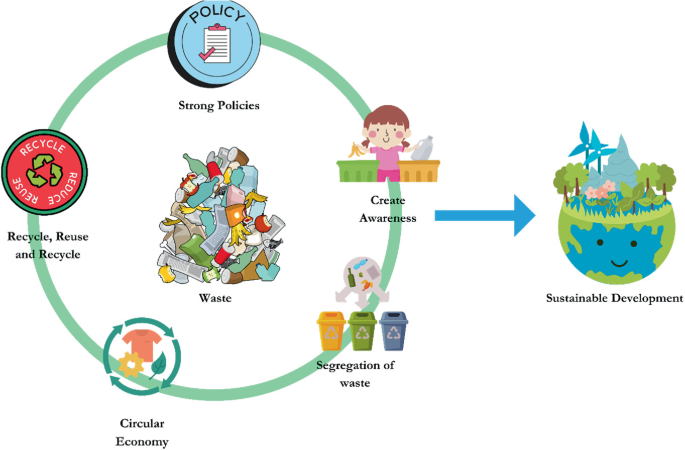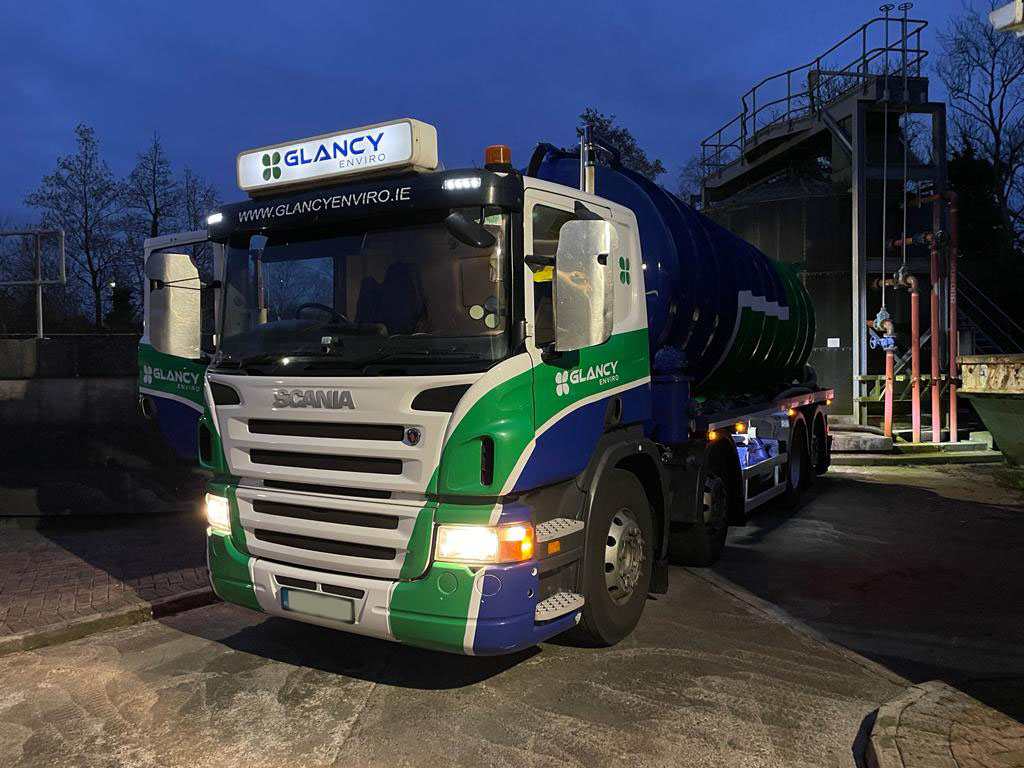The Of Reclaim Waste
Table of ContentsThe Basic Principles Of Reclaim Waste Not known Details About Reclaim Waste Unknown Facts About Reclaim WasteThe 45-Second Trick For Reclaim WasteUnknown Facts About Reclaim Waste
Discover the kinds, incidents, and forms of liquid waste. Domestic sewer waste describes the waste and products from a domestic septic tank. This kind of waste is created by human beings in homes, institutions, and other structures. This only includes septic tanks that have a drainpipe field. The correct monitoring and disposal of residential sewage waste call for liquid waste to be moved to a sewage therapy plant where the correct techniques and tools are put on cleanse and throw away waste.
Commercial waste often consists of potential threats, such as flammable products or a mix of liquid and solid waste items, and calls for an advanced and thorough disposal process. The disposal of industrial waste generally includes the filtration of waste before transportation to make certain safe and appropriate disposal. Industrial waste is developed from byproducts and runoff of industrial procedures and manufacturing.
This kind of waste can not utilize the very same sewer management transport or processes as septic or industrial liquids. The hazardous waste administration procedure calls for the inspection and testing of liquid waste before it goes through the disposal process (liquid waste disposal melbourne). Overflow waste is the liquid waste that comes from overflow and excess stormwater in extremely inhabited areas or cities
Overflow waste can trigger contamination and flooding if not managed effectively. Find out more about sewer cleaning and waste management. Guaranteeing appropriate waste administration can stop catastrophes and minimize environmental damage. Both individuals in property setups and experts in industrial or production sectors can gain from understanding the procedures and laws of fluid waste administration.
3 Easy Facts About Reclaim Waste Explained
Call PROS Solutions today to find out about our waste monitoring and disposal services and the correct methods to care for the fluid waste you create.
(https://www.huntingnet.com/forum/members/reclaimwaste1.html)Do you understand what takes place to your water when you disengage, purge the bathroom or drain pipes the washing device? No? Well, it deserves understanding. This so-called 'wastewater' is not just a crucial resource however, after therapy, will be launched to our land, waterways or the sea. Utilized water from toilets, showers, bathrooms, kitchen area sinks, laundries and commercial processes is referred to as wastewater.

water utilized to cool equipment or clean plant and tools). Stormwater, a type of wastewater, is runoff that moves from agricultural and city areas such as roof coverings, parks, gardens, roadways, courses and rain gutters into stormwater drains, after rainfall. Stormwater flows unattended directly to regional creeks or rivers, at some point reaching the sea.
Little Known Facts About Reclaim Waste.
In Queensland, a lot of wastewater is dealt with at sewer therapy plants. Wastewater is carried from residential or commercial websites via a system of sewage systems and pump terminals, known as sewerage reticulation, to a sewage treatment plant. City governments build, preserve and operate most sewage treatment plants. Operators are certified under the Environmental Security Act 1994 to release cured wastewater at an acceptable ecological requirement right into waterways.
The Department of Natural Resources encourages city governments about managing, operating and maintaining sewage systems and therapy plants. In unsewered areas, local governments might call for homeowners to set up specific or household sewage therapy systems to deal with domestic wastewater from toilets, kitchens, bathrooms and washings. The Division of Natural Resources authorises using house systems when they are verified to be efficient.
In some brand-new communities, treatment of some stormwater to get rid of clutter, sand and crushed rock has actually started utilizing gross pollutant catches. Wastewater treatment takes place in four phases: Removes strong matter.
Wastewater after that flows right into huge storage tanks where solids resolve and are eliminated as sludge. Oil and scum are skimmed from the surface area. Makes use of small living microorganisms understands as micro-organisms to damage down and remove continuing to be dissolved wastes and fine fragments. Micro-organisms and wastes are integrated in the sludge. Gets rid of nitrogen and phosphorus nutrients that could trigger algal blooms in our waterways and intimidate water life.
A Biased View of Reclaim Waste
Nutrient removal is not offered at all sewer treatment plants since it calls for pricey specialised equipment. Clear fluid effluent produced after treatment may still include disease-causing micro-organisms - liquid waste removal melbourne.

A lot of wastewater flows right into the sewerage system. Under the Act, local federal governments provide approvals and permits for eco appropriate tasks (Ages) involving wastewater launches that might have a local influence.
Not known Factual Statements About Reclaim Waste
Or else, samples are considered laboratory analysis. Frequently several tests are needed to develop the levels of each of the different toxins such as oils, heavy metals and pesticides in water. Tracking gives factual information regarding water top quality and can confirm that licence problems are being satisfied. The details obtained through monitoring offers the basis for making water high quality choices.